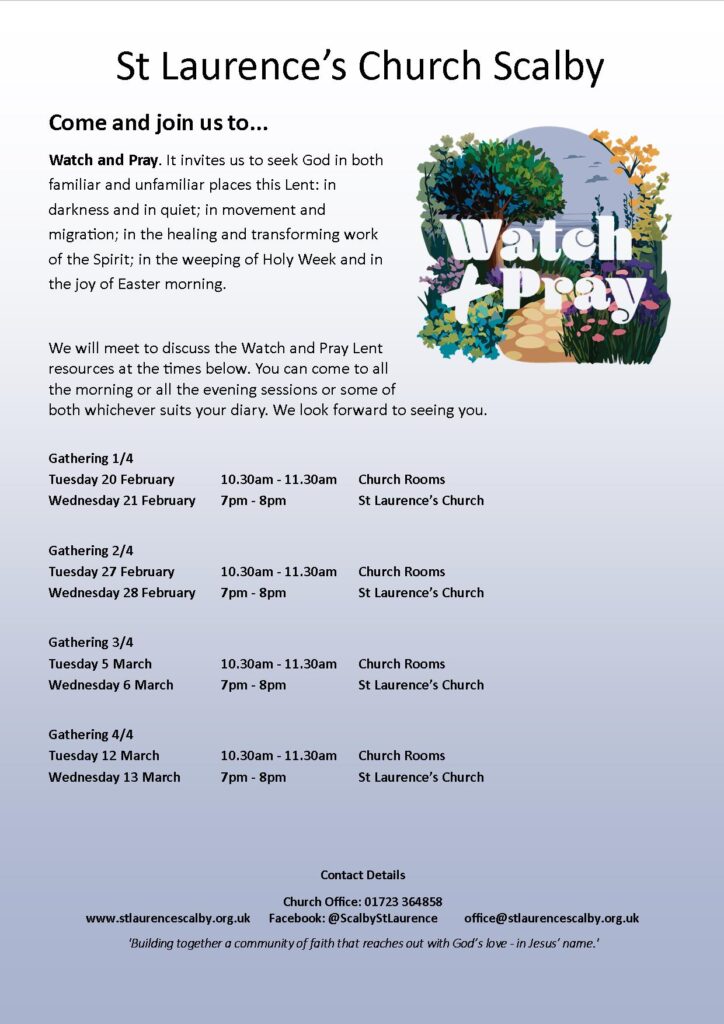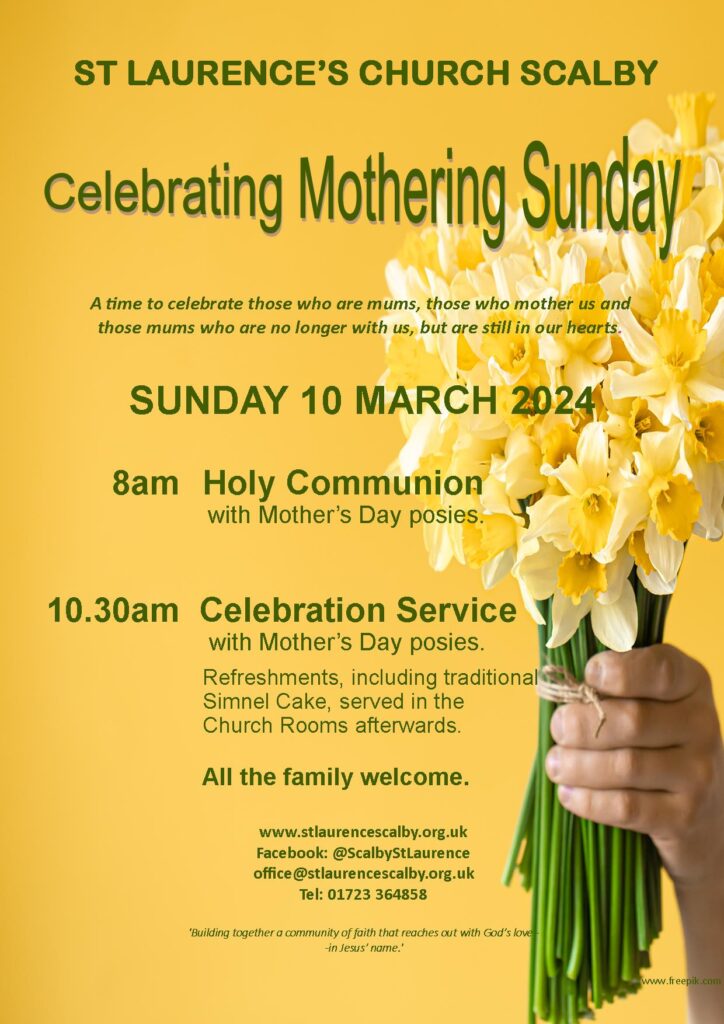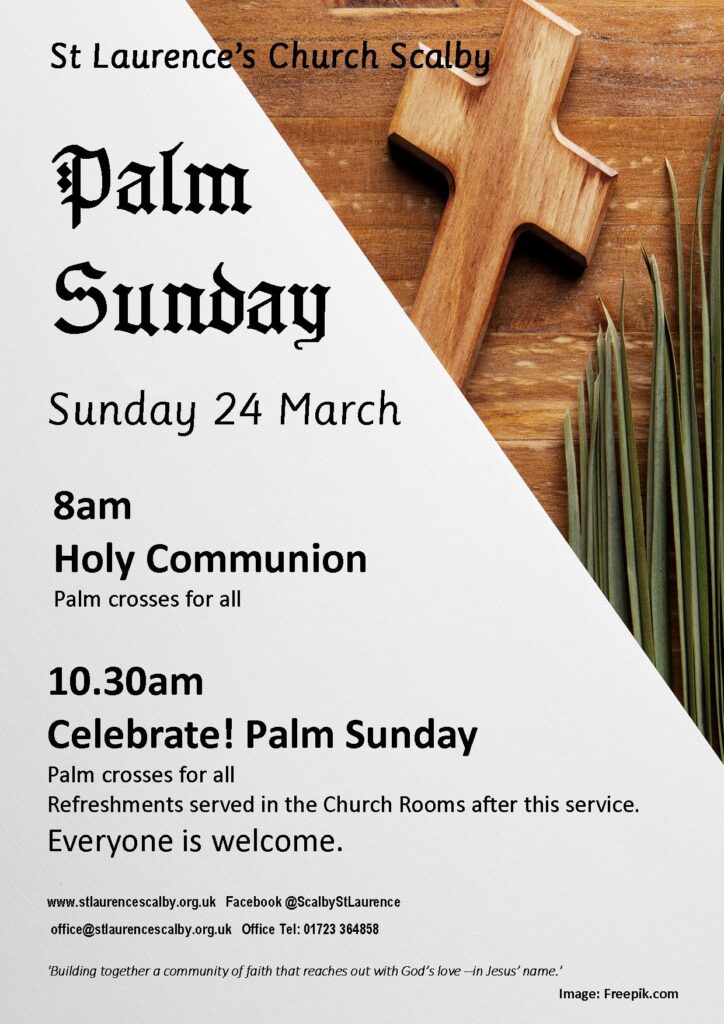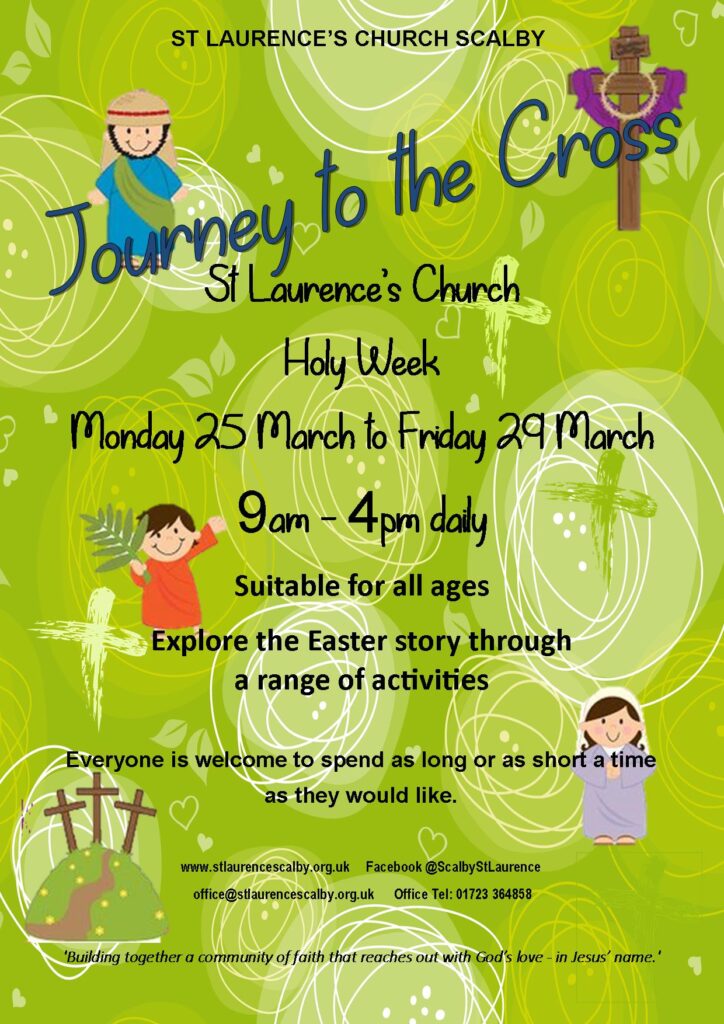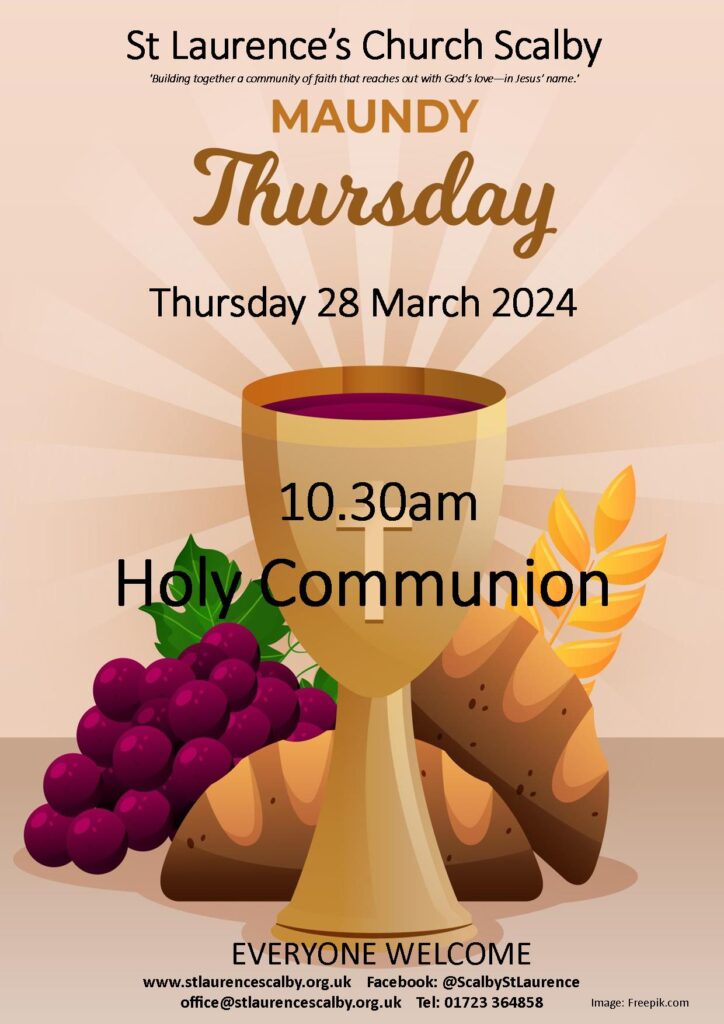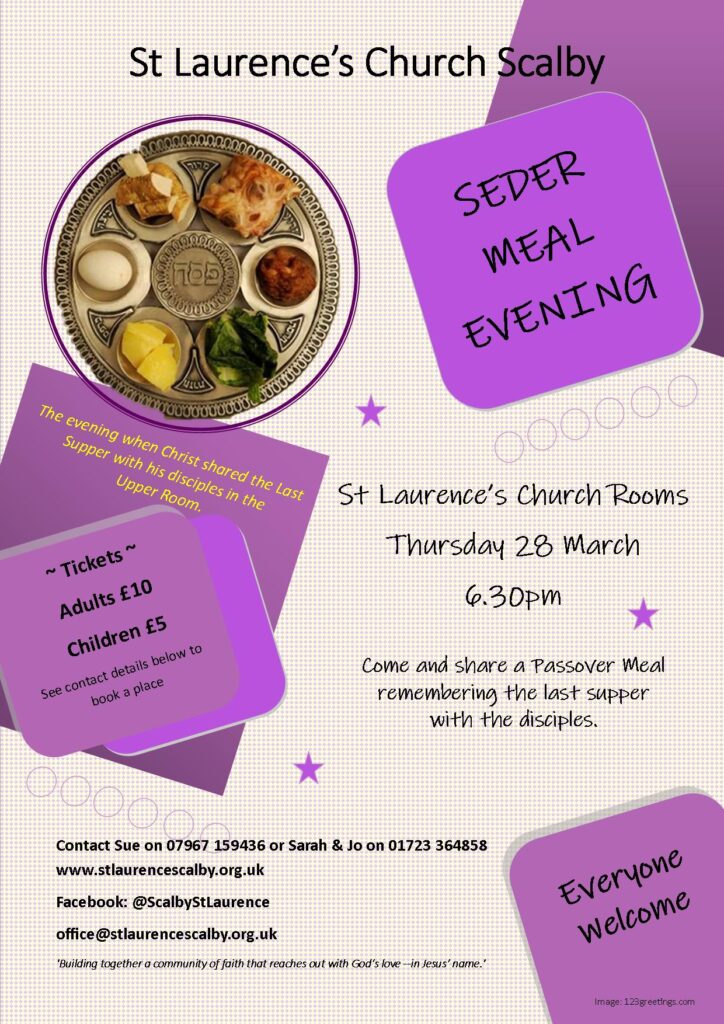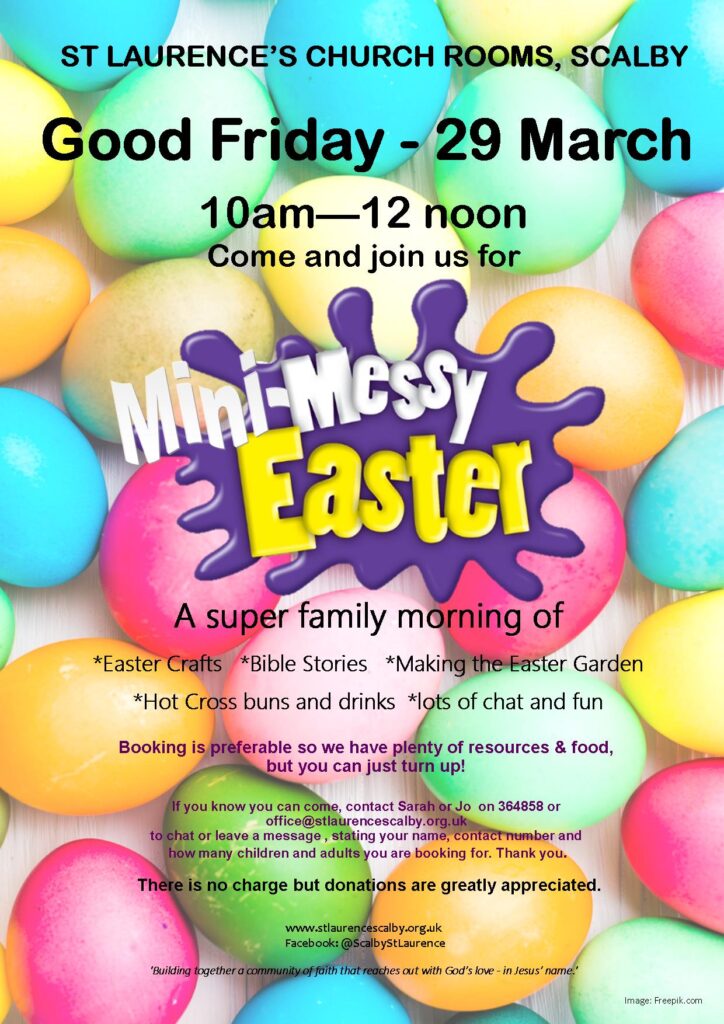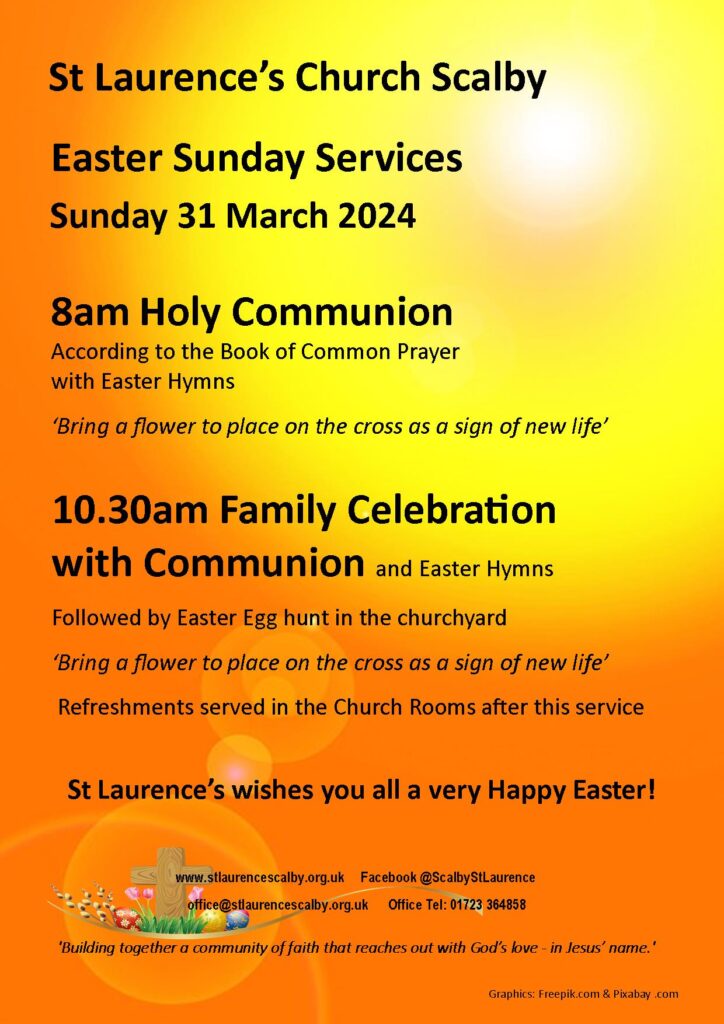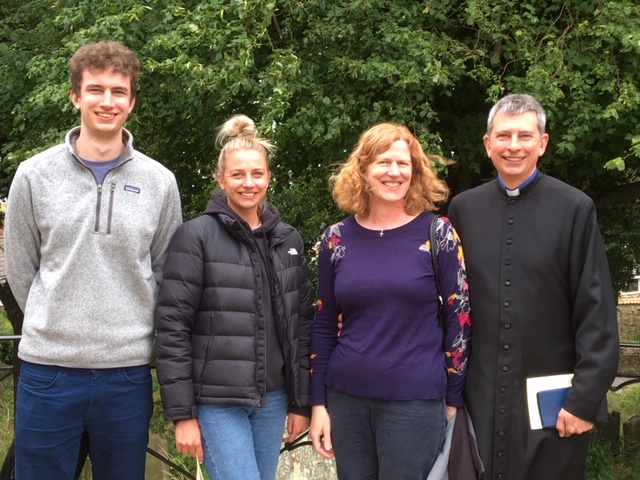Hosea 11:1-4 and Matthew 28:16-20
“Do you believe and trust in God… Father… Son… and Holy Spirit”
A conversation from ‘Alice Through the Looking Glass’: “‘Let’s consider your age to begin with,” said the Queen, ‘– how old are you?’ `I`m seven and a half exactly.’ said Alice. `You needn’t say “exactually,”‘ the Queen remarked: `I can believe it without that. Now I’ll give you something to believe. I’m just one hundred and one, five months and a day.’ `I can’t believe that!’ said Alice. `Can’t you?’ the Queen said in a pitying tone. `Try again: draw a long breath, and shut your eyes.’ Alice laughed. `There’s no use trying,’ she said: `one can’t believe impossible things.’ `I daresay you haven’t had much practice,’ said the Queen. `When I was your age, I always did it for half-an-hour a day. Why, sometimes I’ve believed as many as six impossible things before breakfast.'”
When we become Christians, are we asked to try our hardest, by sheer effort, to believe impossible things? Now and for the next few weeks across the Northern Group we’re hoping to think a bit about our baptisms – if we’ve been baptised – and the promises that were made at them, or that we might make at them. It’s sort of Christian basics really.
Why? Well, who of you can remember what promises are made at baptism? Who can remember their own baptism? Not many, because most people in this country, if they’re baptised, are baptised when they are babies. But even if you can remember your baptisms can you remember the promises you made? Anyone? How about if you’ve been confirmed? If you’ve confirmed your baptism, can you remember what promises you made then? One of the reasons we’re often a bit shy about sharing our faith is that we’re not sure what it is. So I’d like, us, if possible, to think a bit about some of those first things in Christian faith.
Baptism is symbolically the start of the Christian journey. One of the first questions you’re asked before you’re baptised – or perhaps your parents were asked is this: “Do you turn to Christ?” and I believe you might have thought a bit about that with Don last week.
Today I’d like to think about the profession of faith that we’re asked to make at our baptisms. The usual baptism service asks three questions: “Do you believe and trust in God the Father?” “Do you believe and trust in his Son Jesus Christ?” “Do you believe and trust in the Holy Spirit?” To which the response is to recite the Apostles Creed in three parts. There’s a little rubric underneath that in Common Worship which says, “Where there are strong pastoral reasons the alternative profession of faith may be used”, and that alternative asks, slightly differently, “Do you believe and trust in God the Father, source of all being and life, the one for whom we exist?” “Do you believe and trust in God the Son, who took our human nature, died for us and rose again?” and “Do you believe and trust in God the Holy Spirit who gives life to the people of God, and makes Christ known in the world?” To these questions you’re then not asked to recite the Creed but simply to say, “I believe and trust in him.”
Now I don’t know what ‘strong pastoral reasons’ are supposed to be, but we nearly always use that alternative form – the ‘strong pastoral reason’ being that young couples who bring their children for baptism with little or no church background, just can’t make sense of being asked to recite a Creed! It’s like being asked to believe six impossible things before breakfast, by a sheer effort of the will. “Can’t do it? Try again! Draw a long breath, and shut your eyes!” Not that, in many ways, the alternative is any easier to swallow, it’s just less wordy. I do always sit down and explain it to couples as best as I’m able, and I’ll tell you what I tell them in a minute.
But just as an aside, I did have a strong pastoral reason to use the full version a couple of years ago, which was quite interesting. A lady wanted to be confirmed and she was very thoughtful indeed. A former Jehovah’s Witness she knew all the arguments against the Trinity you can think of, but wanted to be a Christian. She believed in Jesus as Son of God and wanted to follow him, but, because of her background, she was still wrestling with calling Jesus ‘God’. She felt she couldn’t definitely answer to the alternative, “Do you believe in God the Son?” where the normal declaration is just to answer to “Do you believe in God and in Jesus Christ his Son.” It’s interesting the Apostles Creed doesn’t say, definitely, that Jesus is God – it leaves what you might call ‘wriggle room’ – so she was happy with that.
Now you might think I did wrong, but this lady wanted to turn to Christ and follow in his way, and has carried on in that journey, and was prepared to use all the normal words of the Confirmation service and answer with the Apostles’ Creed, about which she had thought deeply, and though she had her doubts about the Nicene Creed, which goes into more detail as says Jesus is ‘true God from true God’, I felt, who am I to look into her heart and judge her here? Most of those who answer those words don’t have a clue what they’re saying and haven’t thought much about it.
But, and here’s my main point really, at baptism, and confirmation, and even when we say the Creed on a Sunday, I don’t think we’re really being asked whether we have entirely correct opinions about God. I don’t want to go in depth into the mysteries of the Trinity today, we do intend to go on with this as a series and later, after Easter, come to think about the Creed in more detail. But what I do want to think about is what we’re asked, and what we answer to, at baptism… those words, “Do you believe and trust…”
When it comes to understanding God, I think all humanity, the cleverest minds that have ever been, are all completely out of their depth. Imagine standing on the sea strand on the North Bay, looking out to sea… From there the ocean looks pretty big, and you know it extends beyond your sight, but you can’t really comprehend the scale of it. Imagine, then, standing on the castle headland and looking down at that person on the sea strand. From there you can see how tiny they look next to the massive expanse, that they just can’t see from there. You could extend that. How about someone looking down at the castle headland from a plane – a human being looks even smaller, or from space!
When it comes to understanding God we’re like that person stood on the sea strand. We simply have no idea of the sheer scale of what we are thinking about when we think about God. The idea that our tiny human minds can have correct opinions about God is laughable. I’m reminded of St Thomas Aquinas, the medieval thinker – one of the brightest minds that ever lived – he wrote volumes and volumes of systematic thought about the nature of God and our relationship to God, and there’s a lot of good in his writings, but he suddenly came to a point in his life, when he took a step back and looked at all his thinking, by this time becoming renowned throughout the world, as it was for centuries after, and he wrote, “It reminds me of a straw!” And he just gave up his great project to try to systematize thought about God.
I don’t think when we are asked, ‘Do you believe and trust in God the Father, Son and Holy Spirit?’ that we are being asked if we have, or think we have, correct opinions about God, as opposed to the supposedly wrong opinions of others. I know the Church has historically thought of it like that, with horrible consequences – excommunicating, shunning, attacking, even killing, people whose belief – by which they meant, opinions – they did not consider correct or ‘orthodox’. I think, and I think the meaning of the Greek word for ‘believe’ bears this out, that we’re not being asked whether we understand at our baptisms, because nobody does, but we’re being asked whether we’re prepared to live by this – to walk this path.
Think of it as a bit like believing in the pew you’re sitting on. I doubt many of us know how the pew is made, what wood it’s made of, what weight it can hold, whether it’s screwed down or not. But you were willing to sit on it. You believed and trusted that it would hold your weight and wouldn’t tip over. Again, think of a wooden bridge over a stream… you may not know much about structural engineering or the materials of the bridge, but you believe in the bridge, not by having accurate opinions about it, but by walking across it. Or, slightly differently, when walking in the mountains, I frequently find and follow paths that I haven’t walked before. The country can be dangerous – there could be cliffs or bogs or all sorts of hazards. I can usually only see a few hundred yards of the path, at most, but I ‘believe and trust’ that path, if I’m willing to follow it – to walk on it and see where it leads. In the early days of Christianity, Christians were not called Christians, they were called ‘followers of The Way’. They had found a path they believed in and were walking on it.
We’re not asked at baptism, I don’t think, to have exactly identical opinions about God to every other believer. Our opinions will differ. We are being asked, to some extent, to keep some sense of unity with our fellow believers though. We are being asked, I think, to think about God in a way that has been revealed to us in Scripture, handed down to us, rather than believe in an idea of God we’ve thought up for ourselves – and that can be a bit of a challenge in our society where freedom of thought and opinion is valued extremely highly. We are being asked to follow a path that’s already there, not just to wander all over the mountain!
The path we’re asked about is belief in God the Father – the idea there is a Creator – that this world is not just a cosmic accident, and that God cares about us and His creation. We share that belief with Jews and Muslims and many others but what people exactly mean by that may vary widely. But then the Christian is asked, ‘Do you believe and trust in Jesus Christ his Son?’ – who I believe is the image of God, God come to be with us. What we mean by that, again, may vary, but we seek to follow the path of Jesus. And we are also asked if we believe in the Holy Spirit – and there most of us get lost – but it’s really, I think – (again just an opinion of something I really can’t comprehend, but) I believe the Holy Spirit is that same Father and Son at work in the world and in our lives.
There is a tradition when saying the Creed that I think says more than the words we say, and that is that when saying the Creed we face in the same direction. It’s not very obvious in this church when we’re pretty much faced the same way anyway, but in other churches you might see people turn around to say those words. I think at baptism we’re not asked to take a deep breath and try our hardest to believe several things we find impossible to get our heads around, but we’re asked to say we’ll do our best to face the same direction as our brothers and sisters in Christ, despite our fallible human opinions. We’re asked, ‘Are we willing to walk this road together with others?’ We believe and trust in God – Father, Son and Holy Spirit – even though we don’t understand.

